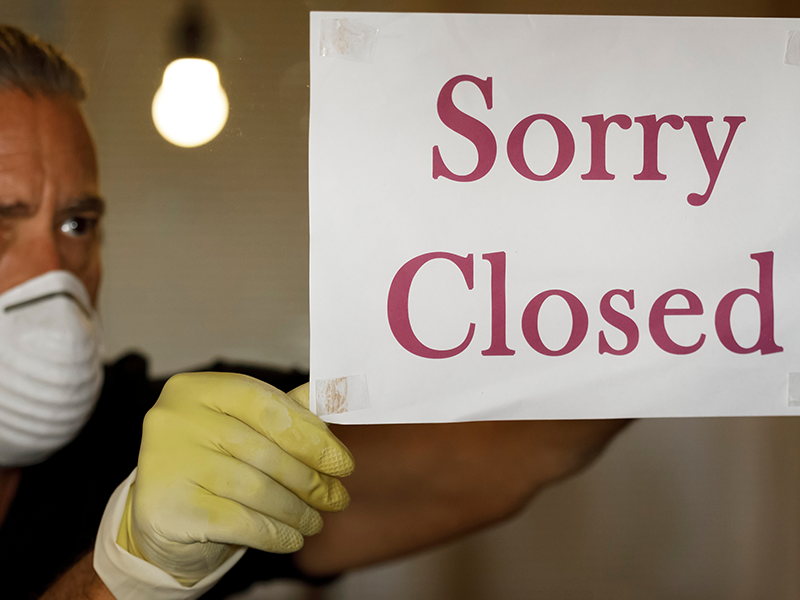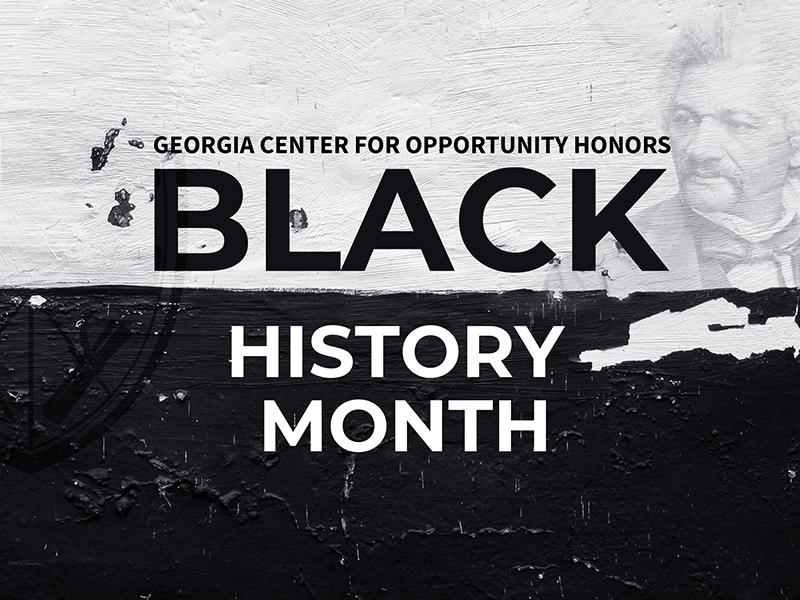Seeing Black History Month through the eyes of 114-year-old Gertrude Baines
To celebrate Black History Month, let me take you back to November 2008.
The morning of the election—an election that would make history with the victory of Barack Obama, first African-American president in U.S. history—a small headline appeared on websites and in papers: “At 114, a daughter of former slaves votes for Obama.”
 Gertrude’s story really typified the reasons why. She was born less than thirty years after the conclusion of the Civil War, during the presidential administration of Grover Cleveland—at a time when African Americans were often kept from voting and subjected to unspeakable abuses. Her life had overlapped those of many of America’s (and history’s) great black leaders, like Frederick Douglass (he died about six weeks prior to Baines’ first birthday), W.E.B. Dubois, Booker T. Washington, George Washington Carver, and Martin Luther King, Jr.
Gertrude’s story really typified the reasons why. She was born less than thirty years after the conclusion of the Civil War, during the presidential administration of Grover Cleveland—at a time when African Americans were often kept from voting and subjected to unspeakable abuses. Her life had overlapped those of many of America’s (and history’s) great black leaders, like Frederick Douglass (he died about six weeks prior to Baines’ first birthday), W.E.B. Dubois, Booker T. Washington, George Washington Carver, and Martin Luther King, Jr.
She had lived through some important milestones in the fight for civil rights and equal opportunity. She was 53 when Jackie Robinson jogged onto the diamond at Ebbets Field in Brooklyn, 60 when the Brown v. Board of Education ruling was handed down, and 61 when Rosa Parks refused to give up her seat on a Montgomery bus.
She has also been witness to some of the most shameful moments in our nation’s history. She was 61 when 14-year-old Emmett Till was brutally murdered in Money, Mississippi, 69 when four black children lost their lives in a Birmingham church bombing, and just two days shy of her 74th birthday when Dr. King was assassinated. (Please take note: those are just the high profile abuses she witnessed as a senior citizen.)
Gertrude’s story reminds me of how exceptional and amazing American democracy is. How many other countries have elected ethnic minorities to lead them? Generally speaking, elsewhere in the world, such transitions don’t happen without military coups and civil wars. The fact is, America is exceptional in large part because of the many people of color who helped rise above and form it that way.

Can you imagine Gertrude’s parents ever having said to her, “One day you will cast your vote for a black man who will win the presidency”? I suspect they never could have imagined it. And yet, on November 4th of 2008, Barack Obama became America’s president-elect. And it was not by court order, legislative edict or military force, but by popular vote. The majority of American voters—black, white, Asian, Hispanic, etc.—chose him to be their leader.
The fact is, America is exceptional.
It’s worth pointing out that this is a trajectory we have been on for decades as evidenced by the fact that people of various ethnic backgrounds have been elected or appointed to become governors, lawmakers, cabinet secretaries, judges and so on.
We celebrate that this Black History Month.
Admittedly, I’m just a white guy from Orange County, California, now living happily in Atlanta. My ability to understand the plight of minorities in the U.S. is obviously limited. But I am a human. And I am able to recognize suffering, heartache and inhumanity when I see it. So I am also able to recognize both the source and manifestation of profound joy felt by millions of African Americans – and people of African descent worldwide—in seeing Barack Obama elected to the White House in 2008.
While that was a great moment, so much more remains to be done to ensure that everyone, of every color and ethnic background, has a legitimate opportunity to flourish. We’ve come a long way—but we have a long way still to go.
Gertrude Baines passed away in September 2009 at the remarkable age of 115—at the time, the oldest living person in the world. What a lifetime of progress she saw toward the realization of the American ideal—laid out (but not always carried out) by our visionary and courageous founders: “We hold these truths to be self-evident, that all men are created equal, that they are endowed by their Creator with certain unalienable Rights…”
And that’s why we at GCO we will be celebrating those who have contributed so much to our nation—those from the African-American community who, like Gertrude, remind us of what is great about this country.






 Gertrude’s story really typified the reasons why. She was born less than thirty years after the conclusion of the Civil War, during the presidential administration of Grover Cleveland—at a time when African Americans were often kept from voting and subjected to unspeakable abuses. Her life had overlapped those of many of America’s (and history’s) great black leaders, like Frederick Douglass (he died about six weeks prior to Baines’ first birthday), W.E.B. Dubois, Booker T. Washington, George Washington Carver, and Martin Luther King, Jr.
Gertrude’s story really typified the reasons why. She was born less than thirty years after the conclusion of the Civil War, during the presidential administration of Grover Cleveland—at a time when African Americans were often kept from voting and subjected to unspeakable abuses. Her life had overlapped those of many of America’s (and history’s) great black leaders, like Frederick Douglass (he died about six weeks prior to Baines’ first birthday), W.E.B. Dubois, Booker T. Washington, George Washington Carver, and Martin Luther King, Jr.